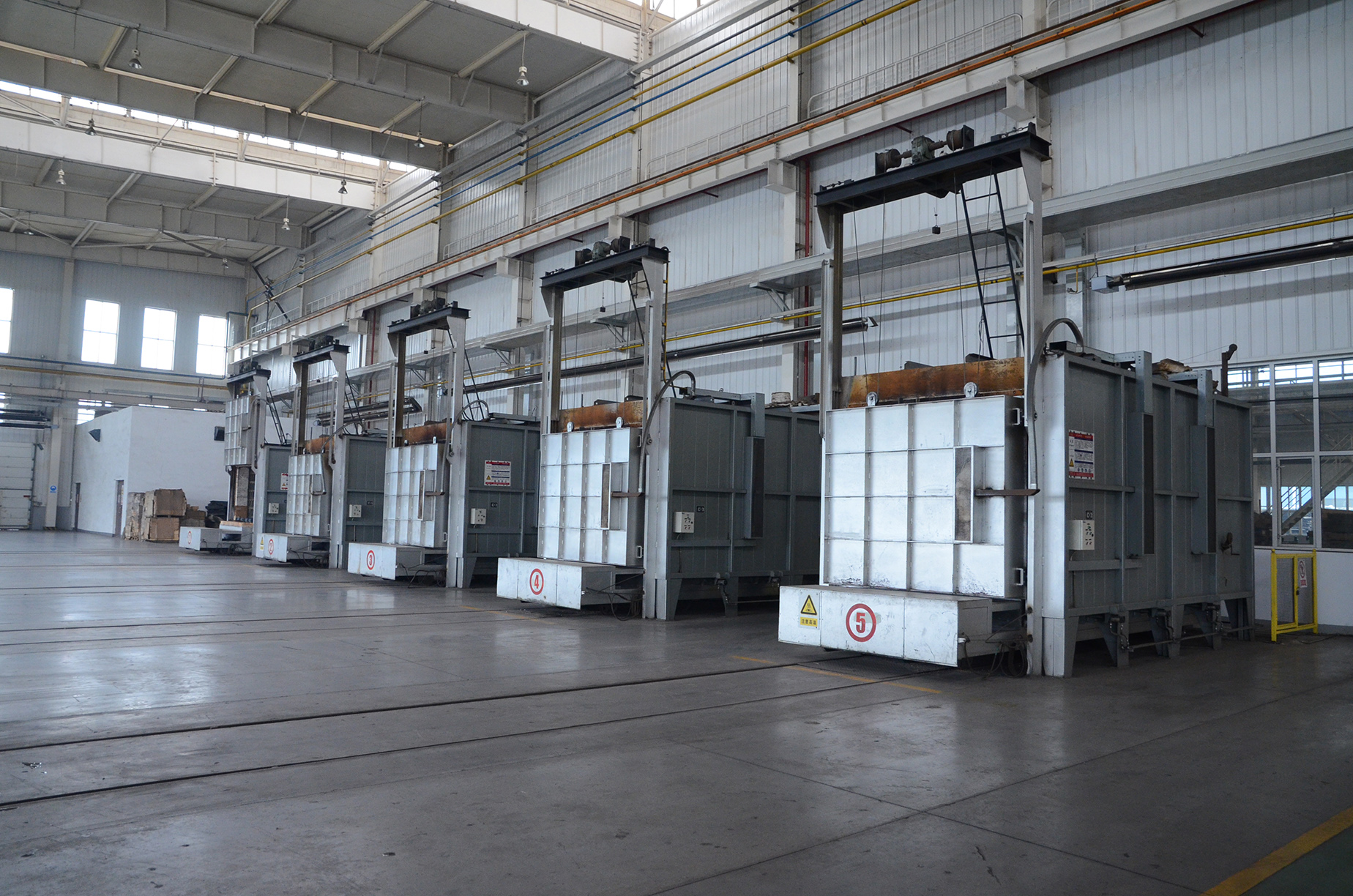lis . 06, 2024 15:50 Back to list
150000 btu boiler
Understanding the 150,000 BTU Boiler Efficiency, Applications, and Considerations
A 150,000 BTU boiler is a powerful heating appliance commonly utilized in various residential and commercial applications. The term BTU, which stands for British Thermal Unit, is a measurement of energy used to quantify the amount of heat required to raise the temperature of one pound of water by one degree Fahrenheit. With a capacity of 150,000 BTUs, this type of boiler can effectively heat large spaces, making it an ideal choice for buildings that require significant heating output.
Efficiency and Types
Modern boilers are designed with efficiency in mind. The efficiency of a boiler is crucial as it directly impacts energy consumption and heating costs. A well-maintained 150,000 BTU boiler can boast efficiency ratings well above 80%, meaning that a significant portion of the energy consumed is converted into usable heat. There are several types of boilers, including natural gas, oil, propane, and electric models. Each type has its advantages and considerations, depending on factors such as fuel availability, installation costs, and environmental impact.
Applications
The applications of a 150,000 BTU boiler are diverse. In residential settings, these boilers can efficiently heat larger homes or multiple units within a multi-family structure. When properly sized and installed, a 150,000 BTU boiler ensures consistent heating during the colder months, providing comfort for residents.
In commercial settings, this boiler size is commonly found in schools, hospitals, warehouses, and office buildings where larger heating demands are present. Additionally, it can be employed in industrial contexts, providing steam or hot water for manufacturing processes and other operational needs. The versatility of a 150,000 BTU boiler makes it a valuable asset in both home and commercial heating infrastructure.
150000 btu boiler

Key Considerations
When selecting a boiler, several key considerations must be taken into account to ensure optimal performance. Sizing is crucial; a boiler that is too large can lead to short cycling, where the boiler turns on and off frequently, wasting energy and reducing efficiency. Conversely, an undersized boiler may struggle to heat the space adequately. It’s advisable to consult with HVAC professionals to perform a heat load calculation tailored to the specific building requirements.
Fuel type is another important factor. The availability and cost of different fuels will influence operational costs and environmental considerations. For example, natural gas is often favored for its lower cost and lower emissions compared to oil or propane.
Maintenance also plays a vital role in the longevity and efficiency of a boiler. Regular inspections and servicing help ensure that the system operates safely and effectively. This includes checking for leaks, ensuring proper ventilation, and cleaning burners.
Conclusion
In conclusion, a 150,000 BTU boiler serves as a robust heating solution for various applications, from residential buildings to commercial and industrial facilities. Its efficiency, when paired with the right fuel type and proper maintenance, can lead to significant savings on energy bills while providing reliable heat. By understanding the intricacies of boiler selection and upkeep, property owners can make informed decisions that enhance comfort and sustainability in their heating systems.
-
Durable Cast Steel Concrete Pipe Mold Bottom Rings & Base Trays
NewsAug.23,2025
-
Centrifugally Cast Iron Water Main Pipe for Reliable Mains
NewsAug.22,2025
-
Durable Centrifugally Cast Iron Water Main Pipe
NewsAug.11,2025
-
Centrifugally Cast Iron Water Main Pipes for Reliability
NewsAug.10,2025
-
High-Quality Centrifugally Cast Iron Water Main Pipes
NewsAug.09,2025
-
Durable Cast Iron Water Main Pipe & Drainage Solutions
NewsAug.08,2025


